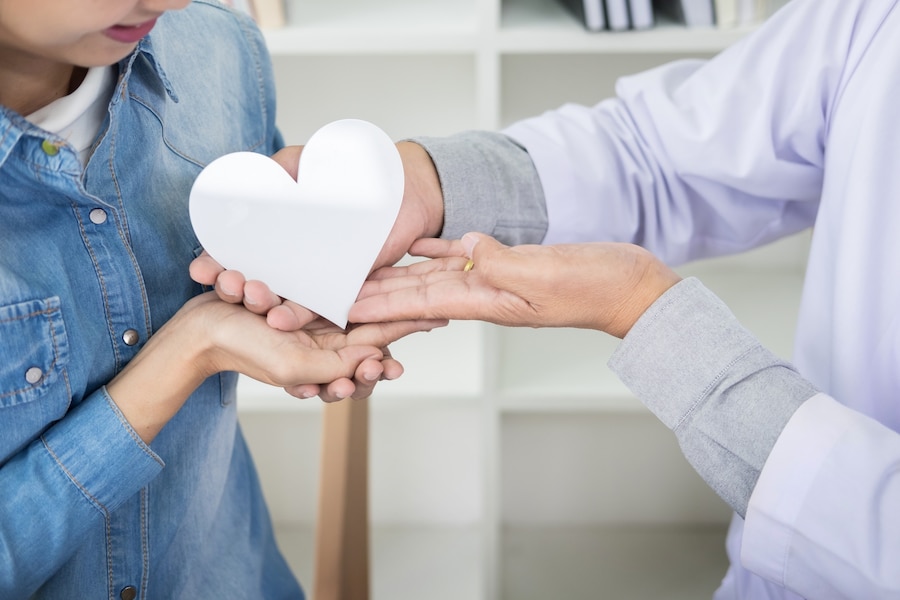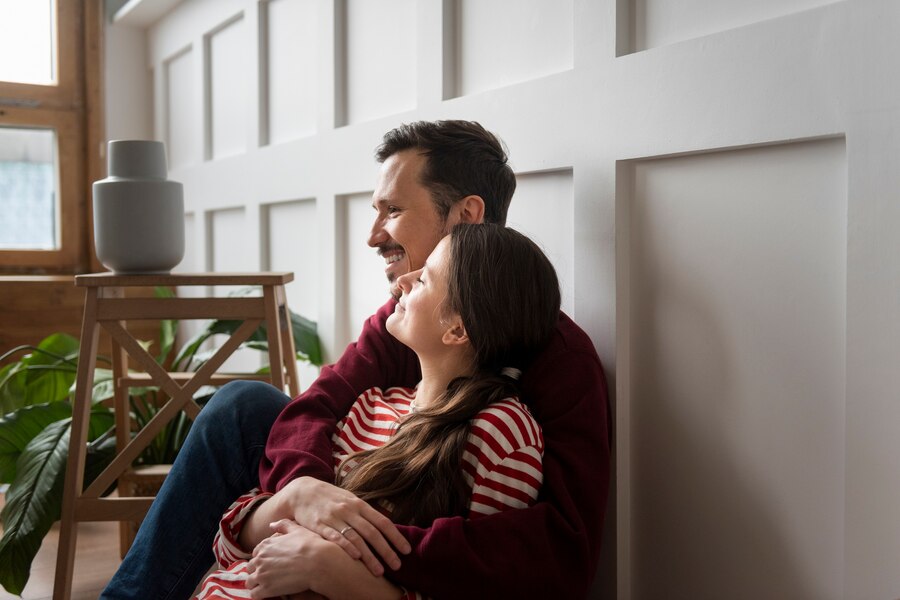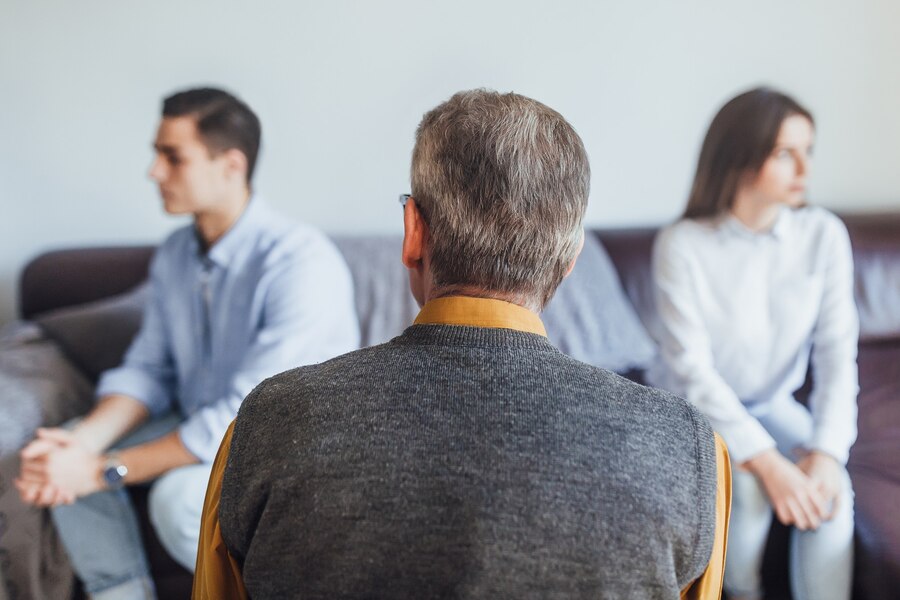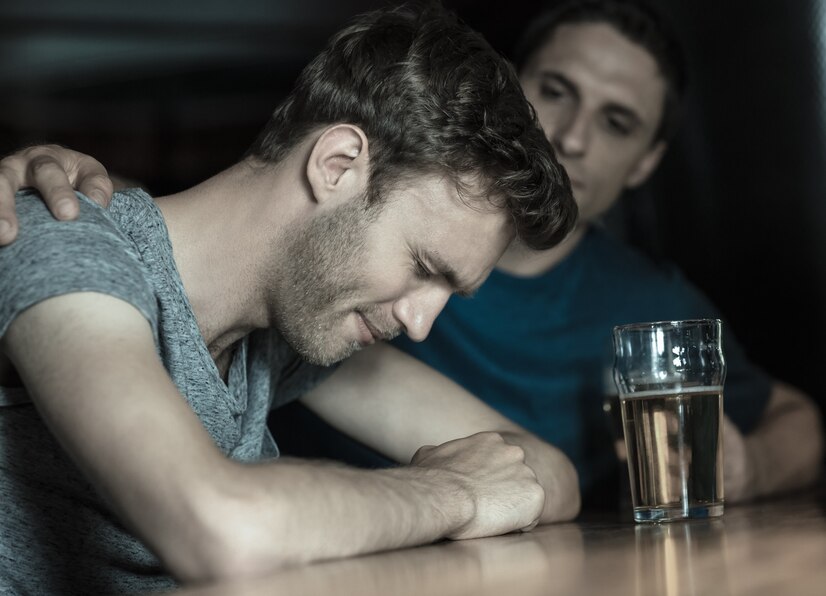How to Find Affordable Drug Rehab in Baltimore
Finding affordable drug rehab in Baltimore can be a challenge, especially for those seeking quality care. Couples Rehabs in Baltimore is dedicated to helping individuals and families find the right rehabilitation program at an affordable price. This comprehensive guide outlines steps, options, and strategies to help you navigate the process of securing affordable treatment in Baltimore without sacrificing the quality of care.
The battle against addiction is overwhelming, but the cost of treatment shouldn’t be an additional burden. Whether you’re dealing with substance abuse yourself or supporting a loved one, finding an affordable rehab center is crucial. In Baltimore, the variety of programs and services available make it possible to seek the right help at a price that works for your budget.
In this guide, we’ll explore how to identify cost-effective options, compare treatment programs, and discover financial resources that make drug rehab more affordable. Couples Rehabs in Baltimore offers programs that fit a wide range of budgets, and we aim to guide you through this journey toward recovery.
1. Understanding the Cost of Drug Rehab in Baltimore
Before diving into how to find affordable rehab options, it’s important to understand what influences the cost of drug rehab. Various factors determine the price of addiction treatment in Baltimore, including:
a. Type of Program
- Inpatient Rehab: Inpatient rehab involves staying at a facility full-time, receiving 24/7 care. It tends to be more expensive than outpatient programs because of the accommodation, food, and around-the-clock care.
- Outpatient Rehab: Outpatient care allows patients to live at home while attending treatment during the day. These programs tend to be more affordable but may not offer the same level of support as inpatient programs.
- Sober Living Homes: A more affordable option for those transitioning from rehab back into everyday life, sober living homes provide a structured environment without the high costs of full rehab programs.
b. Duration of Treatment
The length of the program significantly affects the cost. Longer programs (90 days or more) typically cost more than short-term programs (30 or 60 days), but they may provide a better long-term solution for recovery.
c. Level of Care and Amenities
Luxury rehab centers with high-end amenities and personalized care will obviously be more expensive. However, Baltimore also offers many affordable programs without these premium add-ons that still provide effective treatment.
d. Medication-Assisted Treatment (MAT)
For those seeking detox and medication-assisted treatment, such as methadone or Suboxone, the cost will vary depending on the type of medication and how long it’s required.
2. Researching Affordable Drug Rehab Options in Baltimore
Finding affordable drug rehab requires careful research and planning. Here are some effective ways to identify lower-cost options:
a. Nonprofit and Government-Funded Programs
Many nonprofit organizations and government-funded rehab centers in Baltimore provide free or low-cost treatment options. While these programs may have longer waiting lists, they are often great resources for those on a tight budget. Couples Rehabs in Baltimore works closely with some of these organizations to offer referrals and additional support.
b. Sliding Scale Payment Options
Some rehab centers in Baltimore offer sliding scale fees based on your income level. This makes treatment accessible to those who cannot afford to pay the full price of rehab. Contact local facilities to inquire about their payment structures and whether they offer any discounts or financial aid.
c. Community Health Clinics
Community health clinics often provide affordable addiction treatment and counseling. These centers usually receive government funding, which allows them to offer low-cost services, including detox programs and outpatient treatment.
d. Insurance Coverage
Many health insurance plans, including those purchased through the Affordable Care Act (ACA), provide coverage for drug and alcohol rehabilitation services. Make sure to verify your insurance benefits to see if your policy covers inpatient or outpatient rehab, counseling, detox, or medication-assisted treatment.
3. Financial Assistance for Drug Rehab in Baltimore
While rehab costs can seem prohibitive, several financial assistance options are available to make treatment more accessible:
a. Medicaid and Medicare
Medicaid and Medicare are government-funded insurance programs that cover drug rehab for those who qualify. Medicaid, in particular, can cover inpatient and outpatient rehab, as well as medication-assisted treatment. Couples Rehabs in Baltimore accepts both Medicaid and Medicare for eligible clients.
b. Private Loans or Financing Plans
Some rehab centers in Baltimore offer financing plans, allowing patients to spread the cost of treatment over several months or years. In addition, private loans from banks or credit unions can also help cover the cost of treatment upfront, with flexible repayment options.
c. Scholarships and Grants
Many rehab centers and nonprofit organizations offer scholarships or grants for individuals in need of addiction treatment. These funds can cover partial or full treatment costs, depending on the program. It’s worth contacting different centers or checking local charity organizations for any available financial aid.
d. Crowdfunding
In today’s digital world, crowdfunding has become a viable way for individuals to raise money for important causes. Platforms like GoFundMe allow individuals to seek financial support for rehab from friends, family, and even strangers.
4. Comparing Affordable Drug Rehab Programs
Once you’ve narrowed down your options based on affordability, it’s crucial to compare them in terms of effectiveness and quality of care. Here’s what to look for when evaluating rehab programs:
a. Accreditation and Licensing
Ensure that the facility is accredited and licensed by the state of Maryland. Accreditation from organizations like the Joint Commission or CARF (Commission on Accreditation of Rehabilitation Facilities) indicates that the center meets high standards of care.
b. Treatment Modalities
Look for centers that offer a variety of evidence-based treatment methods, such as cognitive-behavioral therapy (CBT), dialectical behavior therapy (DBT), group therapy, and family therapy. These modalities are proven to be effective in treating addiction.
c. Staff Qualifications
Qualified and experienced staff are essential to a successful rehab program. Make sure the center has certified addiction counselors, therapists, and medical professionals to guide you through your recovery journey.
d. Aftercare Support
Aftercare is critical for long-term recovery. Ensure that the rehab center offers comprehensive aftercare programs, such as support groups, outpatient counseling, or sober living homes, to help maintain sobriety after leaving the program.

5. Finding Affordable Couples Rehab in Baltimore
Couples who struggle with addiction face unique challenges that require specialized treatment programs. Couples Rehabs in Baltimore offers programs specifically designed to help partners recover together in a supportive environment.
a. Benefits of Couples Rehab
Couples rehab allows partners to go through the recovery process together, supporting each other through the challenges of detox and therapy. It also helps improve communication, rebuild trust, and address relationship issues that may contribute to addiction.
b. Affordable Options for Couples Rehab
Many rehab centers in Baltimore, including Couples Rehabs, offer affordable couples programs with flexible payment plans. You can find centers that provide sliding scale fees or that work with your insurance to cover most of the costs.
c. Outpatient Programs for Couples
If you’re looking for a more affordable option, outpatient rehab allows couples to live at home while attending therapy sessions. This reduces the cost of full-time care and gives couples the flexibility to continue working or managing daily responsibilities while in recovery.
6. How to Maximize Insurance Benefits for Affordable Rehab
Understanding how to maximize your insurance benefits can significantly reduce the cost of rehab. Here are steps to ensure you get the most out of your coverage:
a. Verify Insurance Coverage
Contact your insurance provider to verify the details of your coverage. Many insurance plans, including those under the ACA, cover essential addiction treatment services, such as detox, counseling, and inpatient or outpatient rehab.
b. Work with In-Network Providers
Choosing an in-network rehab facility can save you a significant amount of money. Couples Rehabs in Baltimore works with many insurance providers, ensuring you get the highest level of coverage available.
c. Get a Pre-Authorization
Some insurance providers require pre-authorization for addiction treatment. Work with your rehab facility to ensure all necessary paperwork is submitted before starting the program.
Frequently Asked Questions (FAQ)
1. What is the average cost of drug rehab in Baltimore?
The cost of drug rehab in Baltimore varies widely, with inpatient programs generally costing more than outpatient ones. On average, inpatient rehab can range from $5,000 to $20,000 for a 30-day program, while outpatient services may cost between $1,000 and $10,000.
2. Are there any free or low-cost drug rehab options in Baltimore?
Yes, there are free or low-cost drug rehab options available in Baltimore. Nonprofit organizations, government-funded programs, and community health clinics often provide affordable treatment. Couples Rehabs in Baltimore can help you find these resources.
3. Does Medicaid cover drug rehab in Baltimore?
Yes, Medicaid often covers drug rehab services, including inpatient and outpatient treatment. Eligibility and coverage details can vary, so it’s best to check with Medicaid or your chosen rehab center.
4. How can I find a rehab center that offers sliding scale fees?
Many rehab centers offer sliding scale fees based on income. Contact local rehab facilities directly to inquire about their payment options or consult with Couples Rehabs in Baltimore for referrals to centers with sliding scale fees.
5. What should I look for when comparing rehab programs?
When comparing rehab programs, consider factors such as accreditation, staff qualifications, treatment modalities, and aftercare support. Ensure the facility is licensed and offers evidence-based treatments and comprehensive aftercare.
6. Can insurance help cover the cost of drug rehab?
Yes, many insurance plans cover drug rehab costs. Check with your insurance provider to verify your coverage and find out which rehab centers are in-network for maximum benefits. Couples Rehabs in Baltimore can assist with insurance verification.
7. What are the benefits of couples rehab programs?
Couples rehab programs allow partners to recover together, offering mutual support and addressing relationship issues contributing to addiction. These programs help improve communication, rebuild trust, and strengthen relationships.
8. Are there financing options available for drug rehab?
Some rehab centers offer financing plans that allow you to pay for treatment over time. Additionally, private loans or crowdfunding can be used to cover upfront costs. Contact Couples Rehabs in Baltimore for information on financing options.
9. How can I maximize my insurance benefits for drug rehab?
To maximize insurance benefits, verify your coverage, choose in-network providers, and get pre-authorization if required. Work with your rehab facility to ensure all necessary paperwork is completed.
10. What is the difference between inpatient and outpatient rehab?
Inpatient rehab involves residing at the facility full-time, offering intensive care and support. Outpatient rehab allows patients to live at home while attending treatment sessions, making it a more flexible and often more affordable option.
Conclusion
Finding affordable drug rehab in Baltimore may seem challenging, but with the right resources and guidance, it’s achievable. Couples Rehabs in Baltimore is committed to providing cost-effective, high-quality care for individuals and couples seeking recovery. By exploring different treatment options, securing financial aid, and maximizing your insurance benefits, you can find a program that fits your needs and budget.
If you or a loved one is ready to take the next step toward recovery, contact Couples Rehabs in Baltimore today to learn more about affordable treatment options and start your journey to a healthier, substance-free life.





















Recent Comments